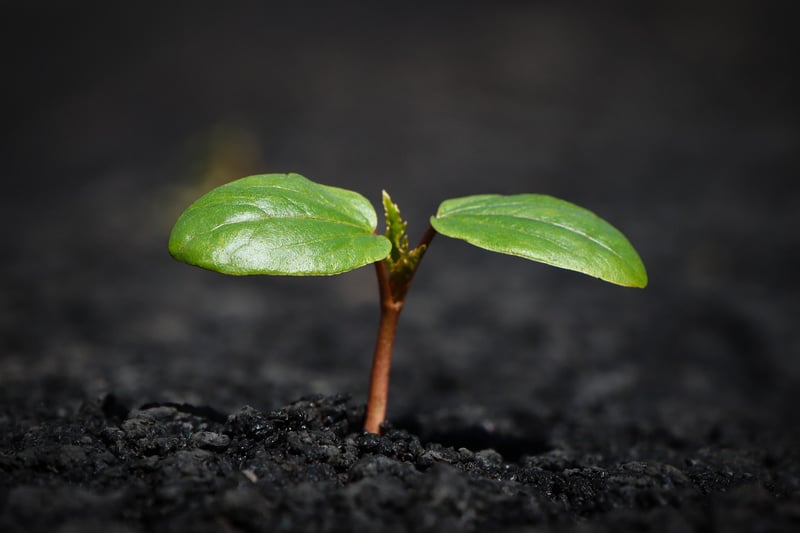Soil Health
The Importance of Essential Care Practices for Soil Health
When it comes to maintaining a healthy garden or farm, ensuring the well-being of the soil is paramount. Soil health is essential for plant growth, crop productivity, and overall ecosystem balance. By implementing essential care practices, you can support and enhance the health of your soil, leading to better yields and sustainable agriculture. Let's explore some key practices that can help improve soil health:
1. Crop Rotation
Crop rotation involves planting different crops in the same area over multiple seasons. This practice helps prevent the depletion of specific nutrients in the soil, reduces the buildup of pests and diseases, and improves soil structure. Healthy soil leads to healthier plants and higher yields.
2. Cover Cropping
Cover cropping involves planting specific crops during off-seasons or alongside cash crops to cover the soil surface. These cover crops help protect the soil from erosion, improve water retention, suppress weeds, and add organic matter when they are incorporated back into the soil.
3. Mulching
Mulching is the process of covering the soil with organic materials like straw, leaves, or compost. Mulch helps regulate soil temperature, retain moisture, suppress weeds, and improve soil fertility as it decomposes. It also provides a habitat for beneficial soil organisms.
4. Composting
Composting is the decomposition of organic waste to create nutrient-rich humus. Adding compost to the soil enhances its structure, increases microbial activity, improves nutrient availability to plants, and reduces the need for chemical fertilizers. Composting is a sustainable way to recycle organic materials and improve soil health.
5. Avoiding Over-Tilling
Over-tilling can disrupt the soil structure, lead to erosion, and disturb beneficial soil organisms. Minimizing tillage practices helps preserve soil health by maintaining its natural composition and structure. Reduced tillage also saves time and energy while promoting long-term soil sustainability.
Conclusion
By incorporating these essential care practices into your gardening or farming routine, you can foster healthy soil that supports robust plant growth, increased crop yields, and environmental sustainability. Prioritizing soil health is key to long-term agricultural success and ecosystem vitality.

Remember, healthy soil is the foundation of a thriving garden or farm. Implement these practices and witness the transformative effects on your soil health and overall productivity.
For more information on soil health and sustainable agriculture practices, visit USDA Natural Resources Conservation Service.
